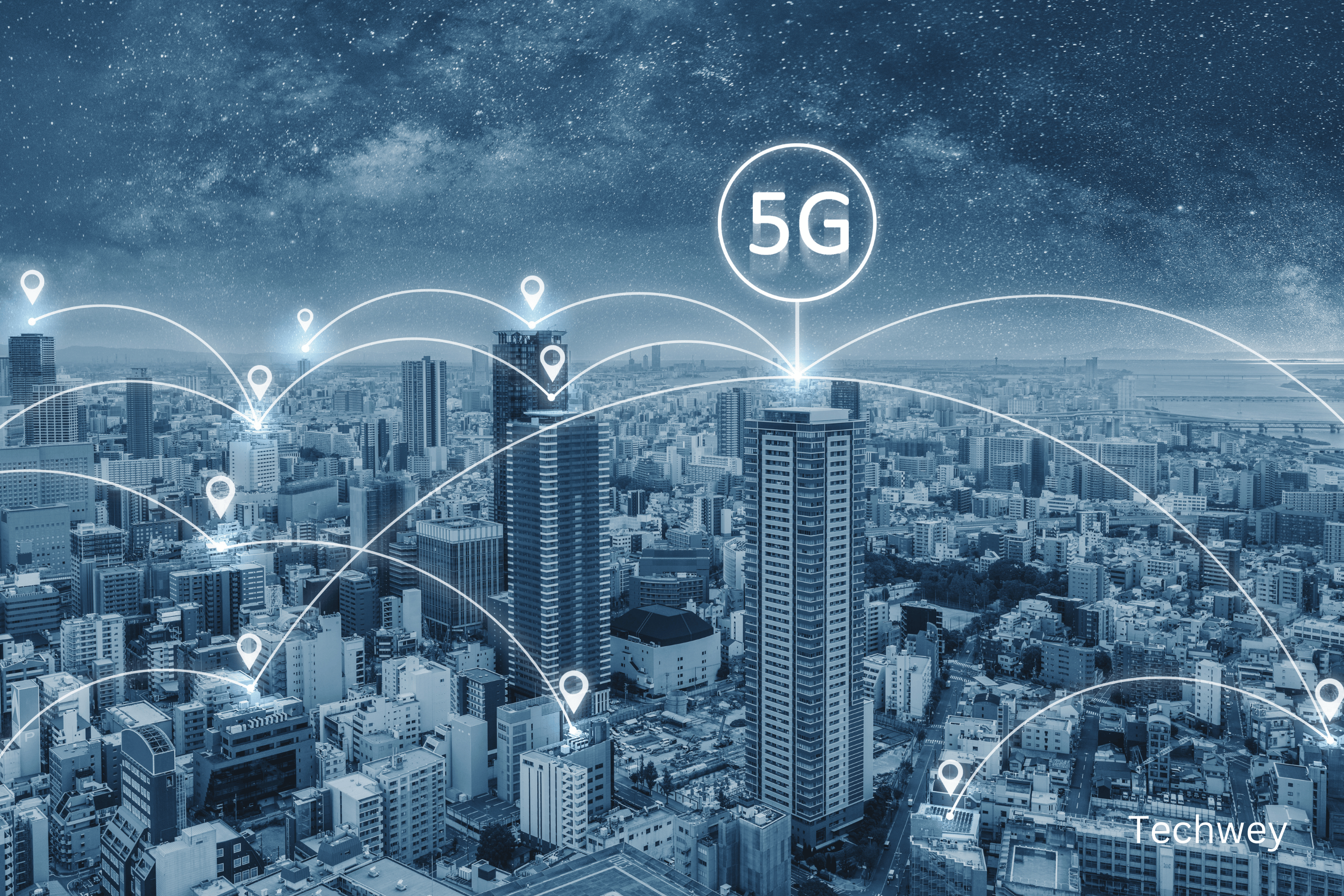
5G Technology: Revolutionizing Connectivity for a Digital World
In a world increasingly reliant on digital connectivity, 5G technology stands out as a game-changer. Offering faster speeds, reduced latency, and unparalleled connectivity, 5G is revolutionizing industries and reshaping how we interact with technology. This article delves into the key aspects of 5G, its benefits, challenges, and its potential to transform the digital landscape.
What Is 5G Technology?
5G, the fifth generation of wireless network technology, offers speeds up to 100 times faster than 4G. With low latency and increased capacity, 5G enables seamless communication between devices, supporting applications like augmented reality (AR), virtual reality (VR), and the Internet of Things (IoT).
How 5G Differs from 4G
- Speed: 5G networks can achieve download speeds of up to 10 Gbps, making it ideal for high-definition streaming and gaming.
- Latency: Reduced latency enhances real-time applications, such as autonomous vehicles and remote surgeries.
- Connectivity: 5G supports more devices per square kilometer, crucial for smart cities and IoT ecosystems.
Industries Benefiting from 5G
- Healthcare: 5G enables remote surgeries, telemedicine, and real-time patient monitoring, transforming healthcare delivery.
- Gaming and Entertainment: Cloud gaming services benefit from 5G’s low latency, providing immersive experiences.
- Smart Cities: 5G powers smart grids, intelligent traffic systems, and efficient waste management, enhancing urban living.
Challenges in 5G Adoption
While 5G offers numerous advantages, its adoption faces hurdles:
- Infrastructure Costs: Deploying 5G networks requires significant investment in towers, antennas, and fiber optics.
- Regulations: Countries must navigate spectrum allocation and cross-border policies to implement 5G.
- Digital Divide: Ensuring equal access to 5G technology is essential to prevent widening the digital divide.
Security Concerns in 5G
With increased connectivity comes heightened security risks. Cyberattacks on 5G networks could have widespread implications. To mitigate this, network providers implement robust encryption and monitor traffic patterns for anomalies.
The Future of 5G
The impact of 5G will extend beyond connectivity, driving innovation in robotics, automation, and AI. As 5G adoption grows, its influence on industries and daily life will become more pronounced. However, addressing challenges like infrastructure development and cybersecurity will be critical for its success.
5G is not just an upgrade; it’s a revolution in connectivity. By bridging the gap between digital and physical realms, 5G paves the way for a smarter, more connected future.






Leave a Reply